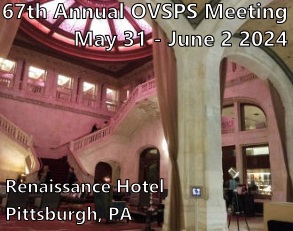<< Back to the abstract archive
Linear Modeling 2.0: Prospective Data-driven Modeling Reduces Application Overload, Decreases Bias, and Permits Bespoke Optimization in the Integrated Plastic Surgery Match
Nikhi P. Singh MD, MBA, Ivan Hadad MD, Brian Christie MD, MPH
Indiana University School of Medicine
2024-01-31
Presenter: Nikhi P. Singh MD, MBA
Affidavit:
Nikhi Singh completed the majority of the work for this project, approximately 80%.
Director Name: William Wooden
Author Category: Resident Plastic Surgery
Presentation Category: Clinical
Abstract Category: General Reconstruction
Background:
Within, we describe the utilization of prospective linear modeling strategies to aid in the screening and ranking of applicants.
Methods:
The study consists of three stages: program reflection, model generation, and prospective application. The program reflection stage was performed from faculty rating of graduated residents on five key categories of surgeon success (overall, technical, compassion, research, teaching, leadership), as determined by faculty consensus. The model generation stage consisted of generation of a linear regression model to predict faculty scores based on graduate application data. The prospective application stage consisted of application of the generated model to 2023 resident applicants.
Results:
In total, we collected 284 distinct evaluations from 14 faculty responses across 36 prior graduates. The generated linear regression model was able to account for 89% of variability in faculty scores of former residents based on their application data. The coefficient of determination was 0.79. This permitted generation of a bespoke prospective linear modeling using customized weighting for the following factors: letter of recommendation scoring, medical school ranking, number of non-published papers, USMLE Step 2 CK score:, and number of first author papers. This model was applied to the applicants of the 2023 application cycle and the 40 applicants with the highest scores were chosen for interviews.
Conclusions:
This is the first study to examine the use of program-specific data-driven linear modeling in plastic surgery resident selection. Utilization of customized linear modeling can aid in the selection of ideal residents for individual programs.



